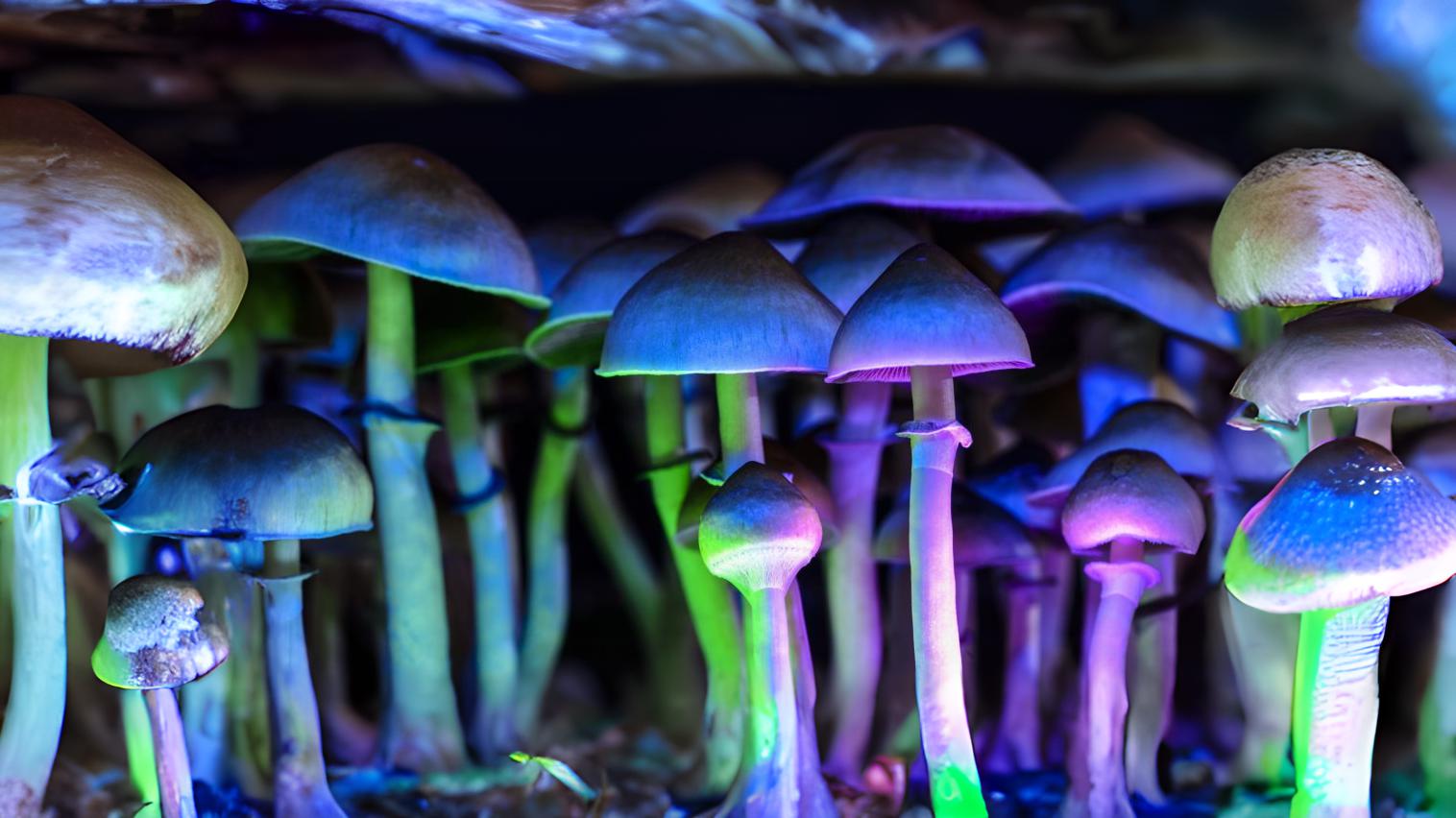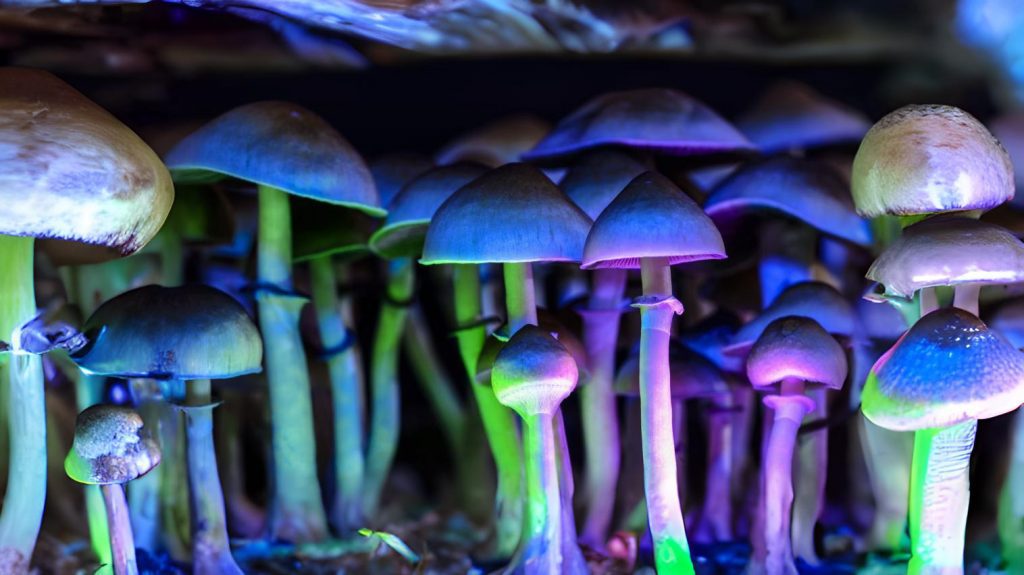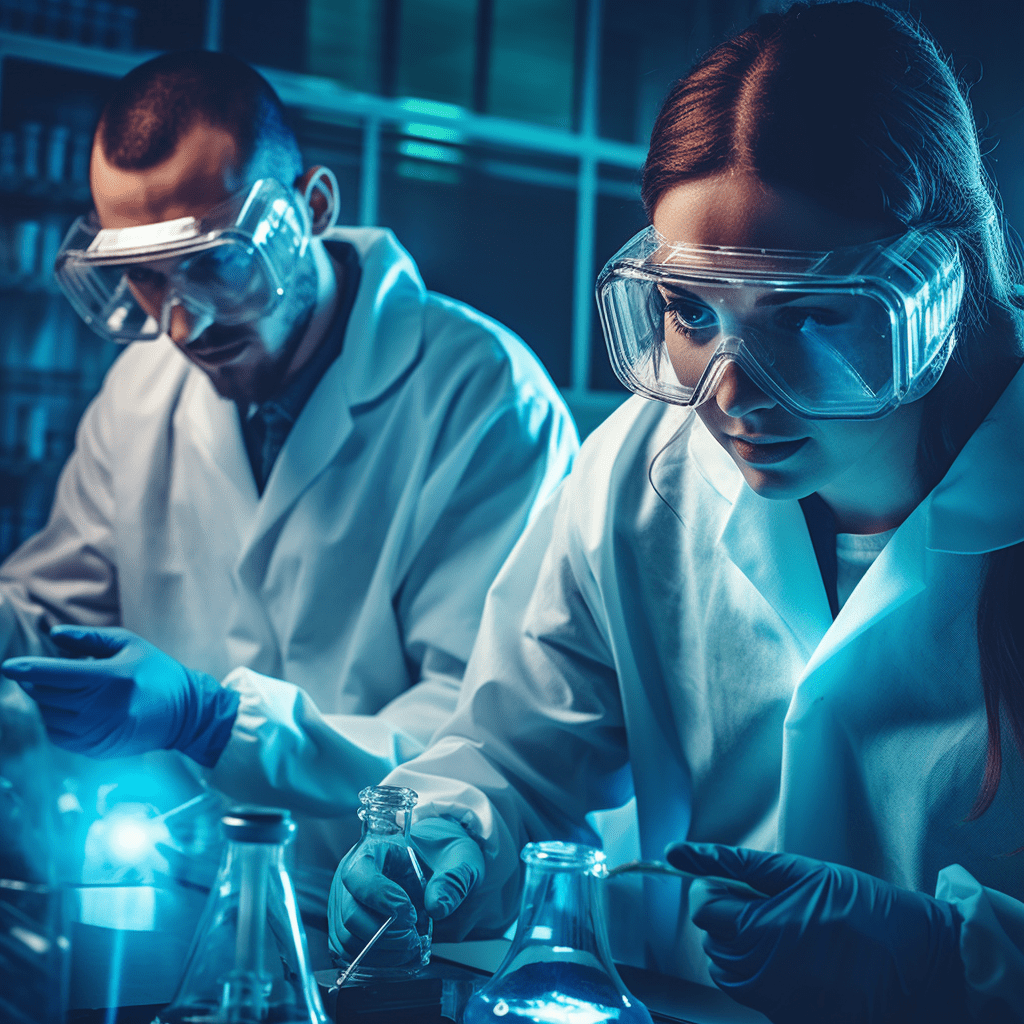The Potential of Therapeutic Psychedelics Drugs: An Interview with Professor Albert Garcia-Romeu
 4 years ago
By Charlotte Di Salvo
4 years ago
By Charlotte Di Salvo

Mental health conditions like addiction and diseases like Alzheimer’s represent a great unmet clinical need. Psychedelic research at preclinical stages have shown potential for positive neurological changes in the brain for models of depression, addiction and Alzheimer’s. In a recent interview with Proventa International, Assistant Professor Albert Garcia-Romeu, from the Johns Hopkins Center for Psychedelic and Consciousness Research, discussed the benefits and challenges of psychedelic research.
For daily articles on the latest pharma trends and innovations, as well as interviews with leading experts and in-depth industry White Papers, subscribe to PharmaFeatures.com.
Proventa: Would you mind introducing your background in the field and your personal targets for research?
Albert Garcia-Romeu: I am an assistant professor at John Hopkins School of Medicine where we have established a Center for Psychedelic and Consciousness Research. A lot of my research experience here has focused on studying the effects of psilocybin in various populations. We are particularly interested in how psilocybin can be potentially used in a therapeutic fashion – for instance in treating conditions such as tobacco addiction. Another area I’ve been working on more recently has been examining psilocybin in patients with early-stage Alzheimer’s disease.
These are the two areas I’ve mostly focused on for the last nine years.
How translatable do you believe the preclinical models of psychedelic drugs are to the human brain?
AGR: For some things [animal models] are very good and useful. But when we’re talking about people and their experiences, I don’t think it translates as well – you often have to coax animals to become addicted to drugs over time in a small environment with little stimuli. People, on the other hand, have to deal with other stimuli like social interactions and personal issues that don’t necessarily translate to animal models.
For example, with rodent models of depression, how do we know whether rodent behaviour is translatable to how a human feels when they are depressed? Or when a person has lost their job or a loved one?
[Animal models] are very useful for looking at molecular changes, e.g. in parts of the brain or circuits or synapses. It can provide a window into some of these higher level changes – though I think some of the higher level functions like sense of self may not be fully translatable. If you look at medication development, everyone has heard a number of times about drugs which might restore memory in mouse models of Alzheimer’s, but don’t work at all in the transition to human trials. We are a lot more complicated than animals – although animals are still pretty complicated.
They [animal models] definitely give us great insights that we wouldn’t necessarily be able to achieve from human work, however.
Could you describe the mechanism as to how psychedelic compounds like psilocybin could help patients with MDD for example, or an addiction?
AGR: We don’t exactly know the answer to the first part of that question. We know these drugs have been used for thousands of years by people – so what we do know is they are psychoactive and they create these very powerful mood-altering effects, altering our sensory perception, sense of self, and perception of time. These features are consistent with use in ceremonial or spiritual practices among indigenous cultures.
More recently, psychedelics were used within the counterculture in the 1960s. At the time, people called these drug experiences “mind-expanding”. So psychologically, the experiences people undergo on these drugs often reflect the desired effects we might seek from conventional therapy like generating insight and getting new perspectives. These experiences can change the way we think about ourselves, our lives.
At our laboratory, we use primarily high doses of psilocybin to create very powerful experiences that can promote psychological and behavioural changes. Sometimes these experiences can have existential or spiritual overtones and this can help people reflect and look back at recurring patterns in their lives and mental landscapes. This is more on the psychological side, but we have also seen a great uptick in research and science investigating how these drugs are altering brain function when people are on these drugs.
What’s very odd about the psychedelics however, is that they also have an ongoing persistent signal which can occur a day later, a week later, a month later – showing that the brain is still functioning differently than before the drug was taken.
And so that seems to be associated with some form of mental reset, the experiences people have are changing the way they process emotions. For instance, the activity of the amygdala has been shown to change after psilocybin, which has also been linked to antidepressant effects and positive emotions. These are some of the neurobiological mechanisms that we are starting to learn more about. In terms of the neuroscience, we are only just starting to scratch the surface of both cellular changes that are happening in the brain, such as increased synapse formation in areas like the prefrontal cortex and the hippocampus, and epigenetic changes that seem to occur after a single dose of LSD or psilocybin.
Again those are data not necessarily based on human research but looking at animal models, and cellular/molecular systems. However, they’re giving us more information as to what’s happening at the smaller units of the brain which could be fostering these long-lasting changes.
One of the problems with current treatment for psychological problems like depression is that prescribed drugs are typically a short-term option – is this something you believe psychedelic drugs could overcome, inducing more long-lasting changes in the brain?
AGR: We hope so, but we can’t say that for sure. The weird thing about people is that we’re not this passive structure like a puzzle. We’re constantly re-building our own little puzzles, moving things around – the behaviours we undertake, the way we think about the world, whatever we’re putting into our system is constantly pushing our bodies and brains to re-write themselves.
So I think that with supportive therapy combined with psilocybin, we have the ability to help a person communicate where they’re at, where they’d like to be going, where the roadblocks are. And the drug experiences themselves can provide a catalyst to make them feel and think differently in the moment, but then to support that in the longer term by actively attempting to make these changes in the way we’re thinking, the way we relate to ourselves and others, the way we are behaving in the world, which can be further encouraged with careful integration after the drug effects wear off.
And so when we do that, we provide a scaffolding, if you will, to allow the brain to become more permanently re-wired. This is a little different to the model treatment-wise from what you would see with standard antidepressants, and certainly the experiences induced by the drugs are very different when comparing psilocybin with other medications.
What considerations should be taken into account if these drugs reach the market, with regards to the age of those using them (especially so if permanent changes in the brain occur)?
AGR: That’s a good question. I don’t really know exactly where regulators will draw the line there. Drugs like these would initially be confined to adults at the start and then you could possibly move into younger patients like adolescents eventually, though I think this will have to be done very carefully, and I don’t foresee this happening anytime soon.
I think for now we’re squarely focused on adults – 18 or 21 years old are the usual age cutoffs in research. One of the areas that needs to be addressed if these drugs reach the market, is how to approach studies to ensure people have these experiences safely and ensure there is appropriate training of people monitoring these experiences and managing them therapeutically.
How significantly will regulatory restrictions impact research and production of psychedelic drugs?
AGR: I mean it’s made this a very slow process. The lab I’m working at has been doing this for two decades and people weren’t really doing this in the US before that very much because of all these restrictions. Looking 30, 40 years ago, there was almost no research in this area because of regulatory restrictions.
It’s been a hurdle that’s been very difficult to overcome, but I think the regulatory bodies in the US at least are trying to encourage research that has potential for therapeutic development. And again it becomes complicated when companies try to patent what is a natural substance like psilocybin, so then people have to figure out how to create this in a marketable way to get some sort of ROI and that becomes a whole other problem.
In your opinion, why do you think psychedelic research is receiving so much attention and investment? Is it the potential to address some of the challenges with current treatment?
AGR: You know, I think science is very much fad-driven. One area will be fashionable while another is not. There’s been huge interest, and obviously a lot of people want to try to catch that gravy train and make money.
Part of the problem is our culture and society have developed in ways that can be unhealthy for us mentally, and in many ways, what we’ve been using have been more stop-gap treatments. The types of medication that we have don’t work for everyone and have side effects. Now we’re seeing people that want to turn psychedelic medicines into a profitable venture. We’ve seen this with cannabis – as soon as legalistion occurred, you had people turning up saying, “well this is legal now so we’re going to grow it and sell it to you for a profit” and so it’s a weird kind of dynamic to see that happening at a very rapid rate with psychedelics.
There may be a time when we can source psilocybin in the field, people could grow it in their gardens at home so we don’t necessarily need some manufacturer selling us the pills. But the next sort of arms race will be people using machine learning algorithms and AI to try to build molecules that they say “this is going to work better than psilocybin”, or “this acts faster, so you don’t have to sit there for six to eight hours, you can get the same benefit in 15 minutes”, or “my formulation is so good because it still produces what we see with psilocybin i.e. healthy synaptic changes but it doesn’t have any psychedelic action, so you can have it while sitting at your desk at work”. It’s all a way to better market it, but we’ll have to see how the actual clinical research turns out in the end.
My take is that psychedelic treatments can really help us fill an important need though, which is why we’re seeing so much interest. I think these substances can help us to spend more time on our own internal experiences, processing difficult emotions like grief or trauma that we’ve swept under the carpet, and working with a therapist to figure out how that plays into our larger life. And this stands in contrast to more standard available medications, where the drugs can help treat the symptoms, but not always the underlying cause. So, I hope this can lead to a larger shift in our mental healthcare systems that lead to better care overall.
Charlotte Di Salvo, Junior Medical Writer
Proventa International

Navigating the Complex World of Global Regulatory Affairs in Oncology
In today's fast-paced global pharmaceutical landscape, the regulatory affairs sector plays a pivotal role in ensuring the safety, efficacy, and market access of oncology drugs. As the demand for innovative cancer therapies continues to grow, understanding the intricacies of global...
2 years agoNavigating the Complex World of Global Regulatory Affairs in Oncology
In today's fast-paced global pharmaceutical landscape, the regulatory affairs sector plays a pivotal role in ensuring the safety, efficacy, and market access of oncology drugs. As the demand for innovative cancer therapies continues to grow, understanding the intricacies of global...
2 years ago
Overcoming the Hurdles: Navigating the Challenges in Oncology Clinical Trials
In the world of medical research, oncology clinical trials are at the forefront of innovation and discovery. These trials play a crucial role in advancing our understanding of cancer and developing more effective treatments. However, the path to successful oncology...
2 years agoOvercoming the Hurdles: Navigating the Challenges in Oncology Clinical Trials
In the world of medical research, oncology clinical trials are at the forefront of innovation and discovery. These trials play a crucial role in advancing our understanding of cancer and developing more effective treatments. However, the path to successful oncology...
2 years ago
Embracing a Patient-Centric Approach in Oncology Trials
In the realm of healthcare and medical research, the term "patient-centric" has gained significant traction in recent years. This shift in focus towards prioritizing patients' needs and preferences is not only transforming the healthcare industry but is also making waves...
2 years agoEmbracing a Patient-Centric Approach in Oncology Trials
In the realm of healthcare and medical research, the term "patient-centric" has gained significant traction in recent years. This shift in focus towards prioritizing patients' needs and preferences is not only transforming the healthcare industry but is also making waves...
2 years ago